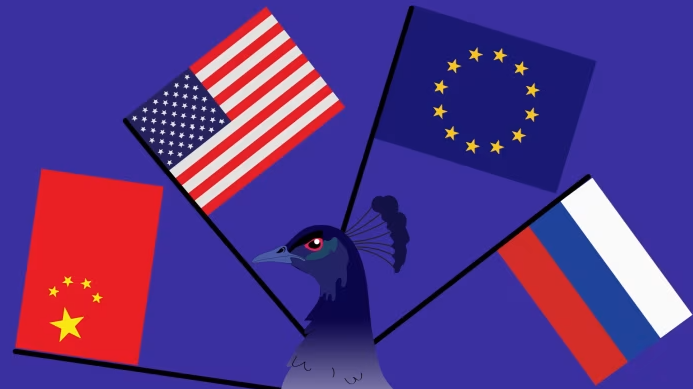
Brian Wong, Assistant Professor in Philosophy and Fellow at Centre on Contemporary China and the World, HKU and Rhodes Scholar
Apr 22, 2025
The early decades of the 21st Century have already seen a rapid shifting of global power, and today one could view the world’s relationships flowing through a four-way struggle for balance and dominance between the U.S., China, the EU, and Russia.
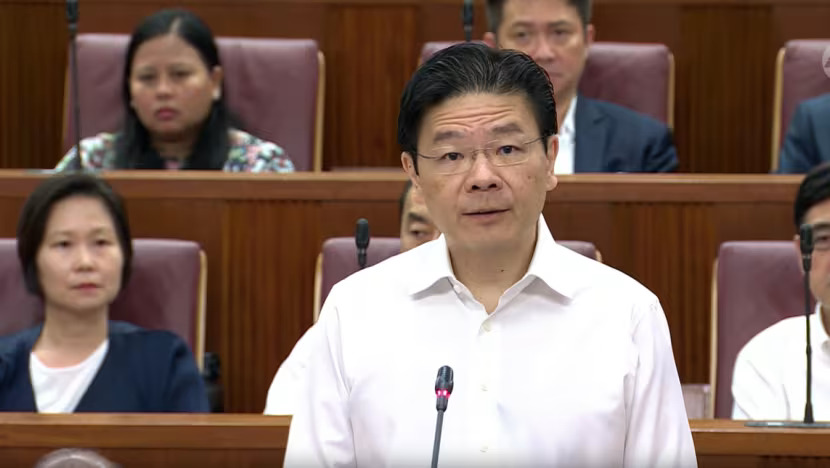
Richard Javad Heydarian, Professorial Chairholder in Geopolitics, Polytechnic University of the Philippines
Apr 22, 2025
The recent tariff episode shook global economic confidence in a way that’s only been seen in the aftermath of major catastrophes, despite relief coming in the short-term. Has the damage been done to America’s trade hegemony?
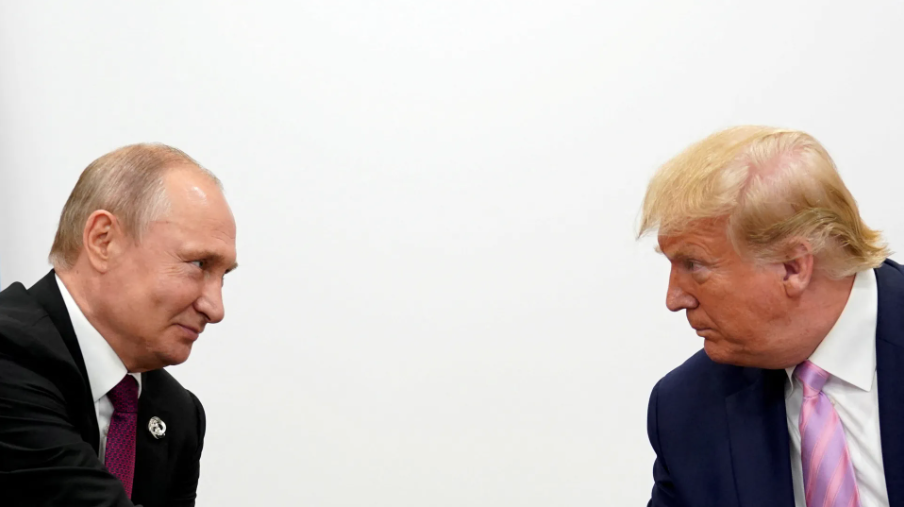
Xiao Bin, Deputy Secretary-general, Center for Shanghai Cooperation Organization Studies, Chinese Association of Social Sciences
Apr 03, 2025
The U.S.-Russia contest over Ukraine shows both the persistence of classic power politics and the clash of competing worldviews at a time when the international system is undergoing a seismic process of reordering. The Ukraine war and its potential settlement are upending traditional major-power dynamics.
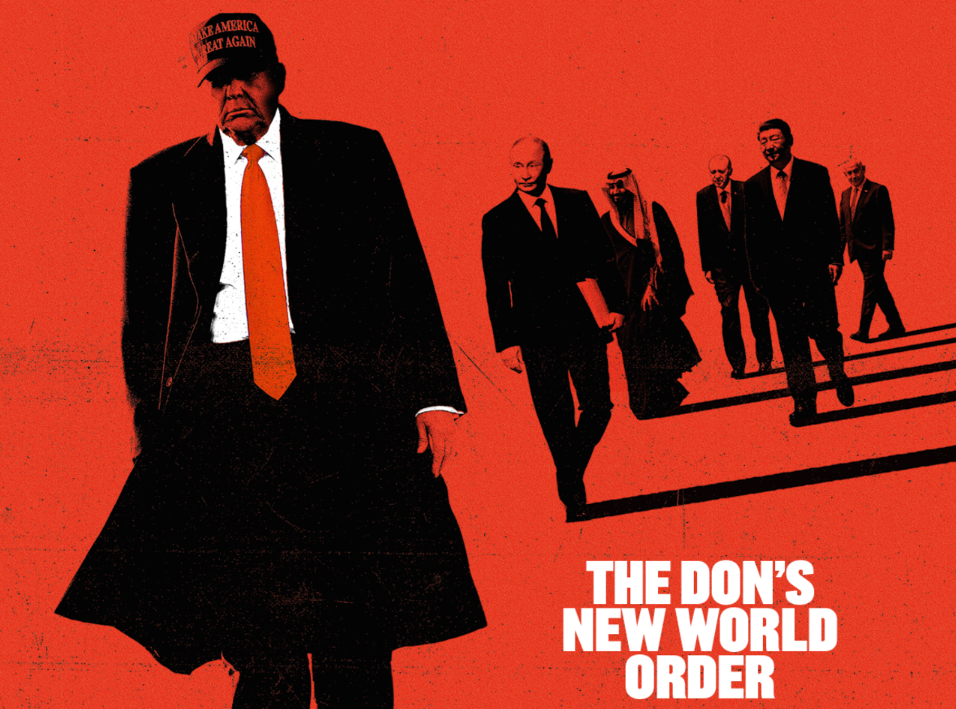
Ted Galen Carpenter, Senior Fellow, Randolph Bourne Institute
Mar 20, 2025
Trump’s second-term foreign policy asserts U.S. hegemony in the Western Hemisphere while exploring a great power system based on spheres of influence. Its success hinges on defining these spheres—especially between the U.S. and China—without destabilizing East Asia.

Sebastian Contin Trillo-Figueroa, Geopolitics Analyst in EU-Asia Relations and AsiaGlobal Fellow, The University of Hong Kong
Feb 26, 2025
Trump’s proudly professed vision of greatness has once again become foreign policy, casting doubts over the stability of America’s relationships with even its closest allies. Could this sudden shift in paradigm strengthen China’s positions globally?
Sujit Kumar Datta, Former Chairman of Department of International Relations, University of Chittagong, Bangladesh
Feb 26, 2025
America’s stunning withdrawal from global leadership under President Donald Trump’s isolationist policies has accelerated China’s rise, marking a significant shift in global power dynamics. China’s timing is perfect for the moment as it promotes a vision of global collaboration and shared prosperity.
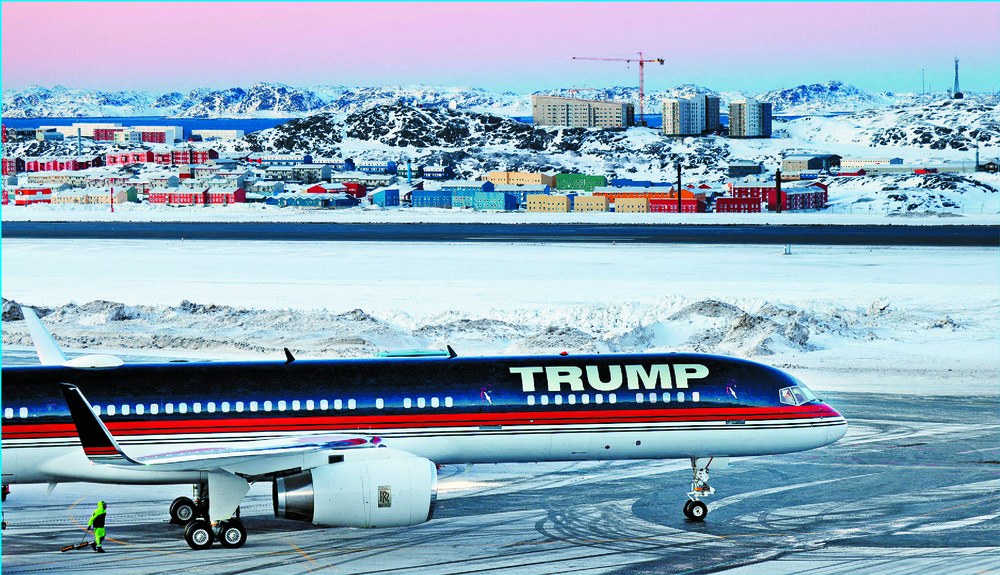
Sebastian Contin Trillo-Figueroa, Geopolitics Analyst in EU-Asia Relations and AsiaGlobal Fellow, The University of Hong Kong
Franz Jessen, Former EU Ambassador to the Philippines and Vietnam; EU Deputy Head (Beijing); Economist and Diplomat in EU-Asia Relations
Jan 10, 2025
Greenland is synonymous with the far reaches of the Northern Atlantic, out of the way of major global events, but now with an ever growing demand for energy and Donald Trumps’ bold overtures, could the remote island become a hotbed of competing global interests?
Philip Cunningham, Independent Scholar
Sep 21, 2024
As U.S.-China relations face mounting tension and uncertainty, reflecting on the early days of cultural exchange in the 1980s reveals a simpler time of optimism, goodwill, and mutual curiosity. While today's challenges are formidable, the shared experiences of those who helped build these ties offer a reminder that, even in times of difficulty, there remains potential for collaboration and understanding.
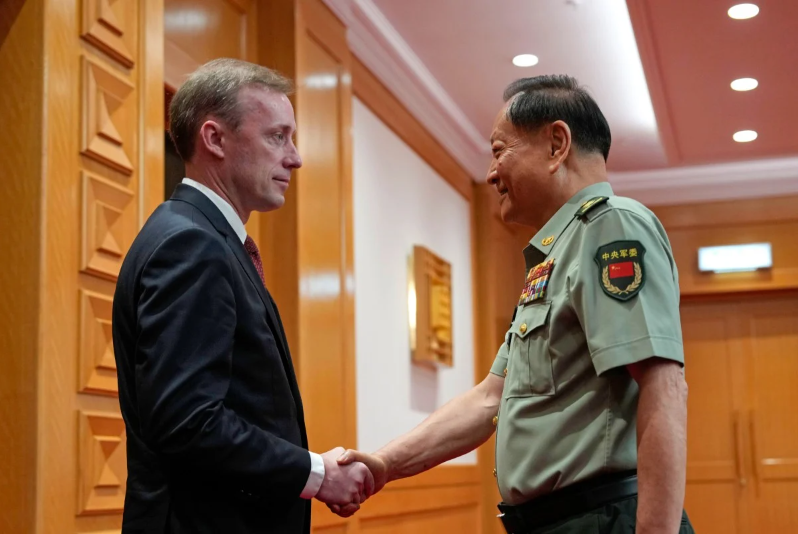
Zhao Minghao, Professor, Institute of International Studies at Fudan University, and China Forum Expert
Sep 13, 2024
The recent visit to Beijing by Jake Sullivan, the U.S. national security adviser, revealed some new trends in the development of relations. Both sides wish to preserve stability against the backdrop of U.S. presidential elections and — to use a significant phrase — move forward.